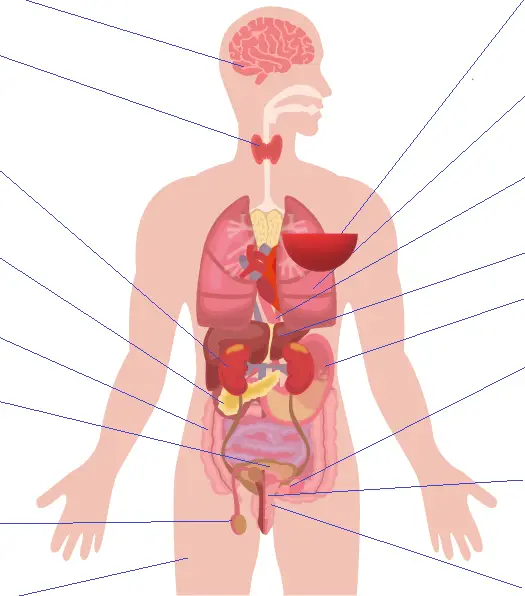Need Help?
We are here to help.
“Reach out to us for personalized care that puts your cancer worries to rest – Your journey to healing starts with us!”

How to identify Cancer early? is one of the most relevant health question in today’s era.
Goal of cancer awareness, cancer screening and our article is to increase awareness regarding how not to miss early opportunity to detect cancer, because early detection is considered as best prevention in cancer.
It is not required to know all 200 types of cancer and their symptoms. More importantly, you should be aware of what is normal for you. Listen to your body and observe for any new change which you feel is different from normal and talk to your doctor when this unusual problem is not improving. This can help to diagnose cancer at an early stage, when treatment is most successful. How serious can be self medication, self diagnosis and self investigation – is highlighted by the fact that there will be high probability of missing an early opportunity of cancer cure if you don’t consult the problem with your doctor.
Headache, Weakness on one side, Seizures, Vision Change
lump in neck, Voice Change, Difficult breathing or swallowing
blood in the urine, back pain, lump in the abdomen,
Jaundice , Pain abdomen/ back, weight loss, New Diabetes
Persistent Constipation or loose motions, Rectal bleeding, pain, vomiting
Blood in Urine, Weakness, Difficulty in passing urine
painless lump or swelling in testicle Pain/ discomfort
Lump & Bumps in any part of body, Pain

lump, shape change, nipple, bleeding, persistent pain
Cough or Blood in Cough, Chest Pain, Shortness of Breath, Hoarseness
difficulty swallowing, discomfort chest/abdomen, weight loss or tiredness
Pain, Lump in abdomen, Jaundice, Weight loss
Vomiting, Blood in vomiting, Lump in Abdomen, Weakness
pain or swelling in abdomen, Urinary problem, Constipation
vaginal bleeding, bleeding after menopause, unusual vaginal discharge, pain
Vaginal bleeding, spotting, discharge, Pain in pelvis
These are just potential signs, and mostly commonly many other conditions can cause them which are not cancer.
Self-medication, self-diagnosis and self-investigation are dangerous because there will be high probability of missing an early opportunity of cancer cure if you don’t consult the problem with your doctor.
Cancer screening is use of simple tests in healthy population to identify patients who have early disease but don’t have symptoms. Some common screening procedures include:
for breast cancer in females >40 years
for colorectal cancer both males & females >40 years
for cervix cancer in females 21-65 years
for prostate cancer in males 55-75 years
for lung cancer in heavy smokers 50-80 years
in tobacco chewers
Genetic Counselling and start screening 10 years earlier
Early diagnosis and early treatment are best prevention in cancer, still there many barriers in early stage diagnosis of cancer which includes:
Subscribe to get the latest posts sent to your email.
“Reach out to us for personalized care that puts your cancer worries to rest – Your journey to healing starts with us!”

Dr. Kaushal Yadav is a distinguished cancer surgeon whose unwavering dedication and expertise have illuminated the path of hope for countless patients battling cancer. With a career spanning several years, Dr. Yadav has treated countless patients with utmost dedication and has emerged as a beacon of hope in the fight against cancer.
He specializes in Breast Cancer, Lung Cancer, Esophagus Cancer, Colon & Rectum Cancer, Liver & Pancreas cancer, Gynae Cancer and Oral & Throat Cancer along with other cancer and highly complicated surgeries. Dr. Yadav’s multidisciplinary approach ensures safe and excellent outcomes for his patients. His work is recognized worldwide through his publications.o.